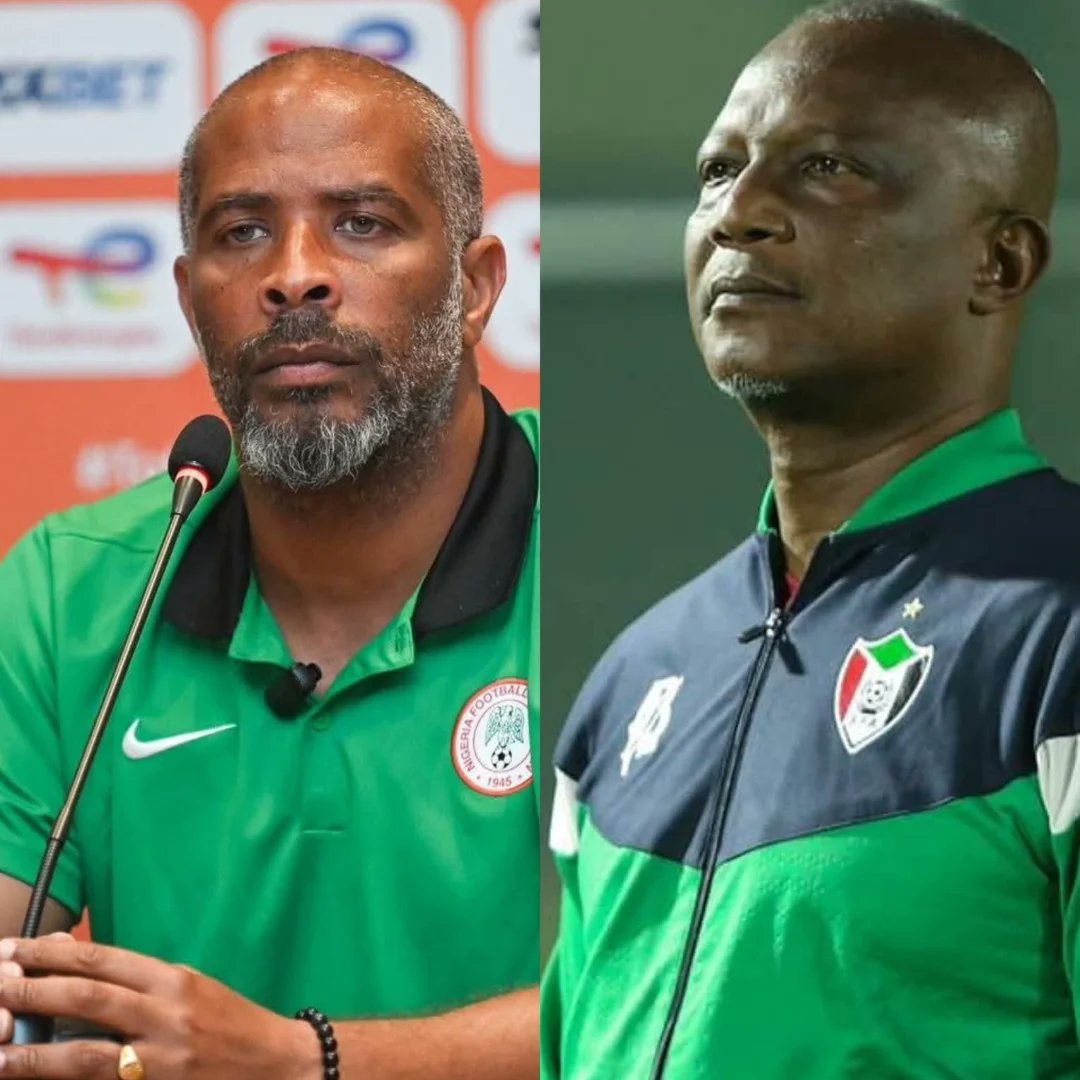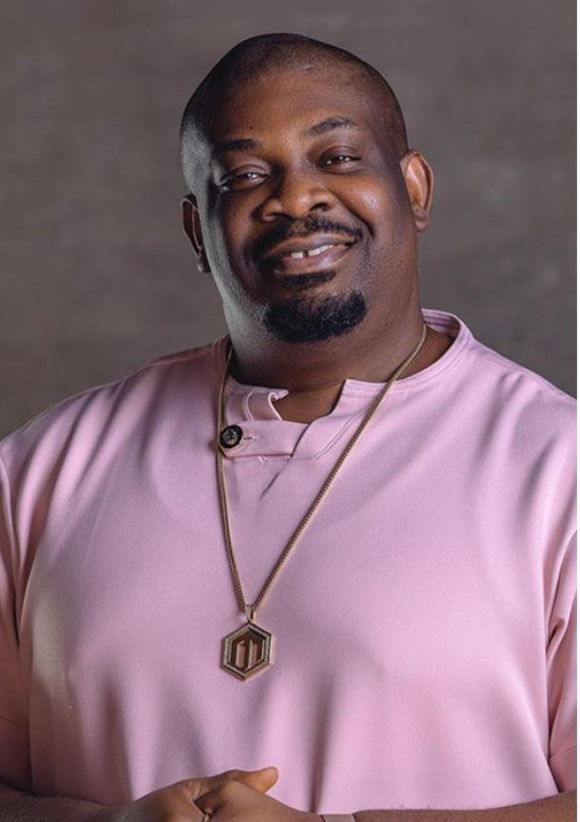

Sudan’s head coach, Kwesi Appiah, has sparked a fresh wave of football debate after his candid remarks following his team’s stunning 4-0 triumph over Nigeria. Speaking after the emphatic victory, Appiah, a former Ghana national team coach, insisted that the Super Eagles are not a bad side despite the heavy defeat, but argued that the team’s real challenge lies in their coaching. His comments have now ignited conversations about the technical direction of Nigerian football and the pressing need for a more tactical approach to maximize the team’s potential.
The game, which ended in a humiliating four-goal deficit for Nigeria, left fans across the country in shock. Many were quick to direct their frustrations towards the players, but Appiah’s post-match assessment painted a different picture. According to him, Nigeria has the quality, the talent, and the skill to compete at the highest level, but without a top-tier coaching strategy, even the best players will struggle to produce results. “Nigeria is not a bad team,” Appiah emphasized, “but they need better coaching to bring the best out of these players.”
The result has been described as one of the most unexpected outcomes in recent African football, given Nigeria’s long-standing reputation as a continental powerhouse. With stars plying their trade in Europe’s top leagues, the Super Eagles have often been tipped as favorites in such encounters, but Sudan’s disciplined and tactical execution under Appiah exposed deep cracks in the Nigerian setup. From the opening whistle, Sudan’s organization, pressing, and swift counter-attacks unsettled the Nigerians, leading to early goals that set the tone for the match.
Appiah’s success with Sudan is being hailed as a tactical masterclass, with his players executing a game plan that neutralized Nigeria’s pace and creativity. Football analysts have since pointed out that Sudan’s defensive shape, quick transitions, and effective exploitation of spaces behind Nigeria’s defense were not coincidental but rather the product of meticulous preparation. For Appiah, the victory was not just about the scoreline but about proving that with the right coaching philosophy, even an underdog can dismantle a giant.
The reaction from Nigerian football circles has been intense. Some former players and pundits have backed Appiah’s assessment, stating that the national team has for years struggled with technical and tactical consistency despite having talented squads. There have been growing calls for the Nigerian Football Federation to prioritize hiring coaches with proven track records, advanced tactical knowledge, and the ability to adapt to the modern game. Others, however, have defended the current coaching staff, arguing that the team is in a rebuilding phase and needs more time to gel.
For the fans, the defeat has been a bitter pill to swallow. Social media platforms have been flooded with reactions ranging from anger and disappointment to calls for immediate changes in the coaching department. Many supporters agree that while individual talent in the Nigerian squad is undeniable, the lack of a clear and cohesive playing identity has been a recurring problem. The 4-0 loss to Sudan has only magnified this issue, forcing difficult questions about the long-term vision for Nigerian football.
Interestingly, Appiah’s comments have been interpreted by some as a wake-up call rather than an insult. His history as a former Ghana coach and his familiarity with West African football culture lend weight to his observations. Known for his ability to build competitive teams from limited resources, Appiah has earned respect for his tactical discipline and motivational leadership, qualities that many believe Nigeria could benefit from if adopted in their coaching framework.
As the dust settles from the shocking result, attention will now turn to how Nigeria responds both on and off the pitch. Will the coaching staff adapt and find solutions to the tactical shortcomings exposed by Sudan? Will the Nigerian Football Federation take bold steps to address the criticism, or will they stay the course and trust in gradual improvement? The answers to these questions will shape the team’s trajectory in upcoming qualifiers and tournaments.
For Sudan, the victory is more than just three points — it is a statement to the rest of Africa that they can compete with and defeat the best. For Nigeria, it is a painful reminder that talent alone is never enough in modern football. As Kwesi Appiah’s words continue to echo across the continent, one thing is certain: the debate over Nigeria’s coaching will not ade anytime soon


